Optimal Timing for Shower Installations
Scheduling a shower installation involves considering various factors such as weather conditions, project complexity, and personal readiness. The best time generally aligns with periods of moderate weather to facilitate easier construction and minimize delays. Timing also depends on the availability of materials and contractor schedules.
Installing showers during mild weather reduces the risk of weather-related disruptions and ensures smoother progress.
Simple installations can often be scheduled at any time, while complex projects benefit from planning during periods with fewer external constraints.
Ordering materials in advance and scheduling during times of steady supply helps prevent delays.
Aligning installation dates with contractor availability ensures timely completion.
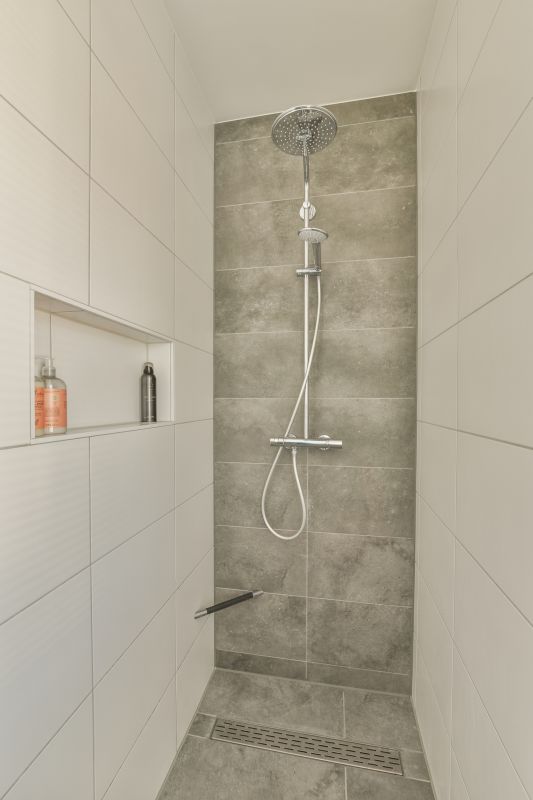
Ways to make Shower Installations work in tight or awkward layouts.
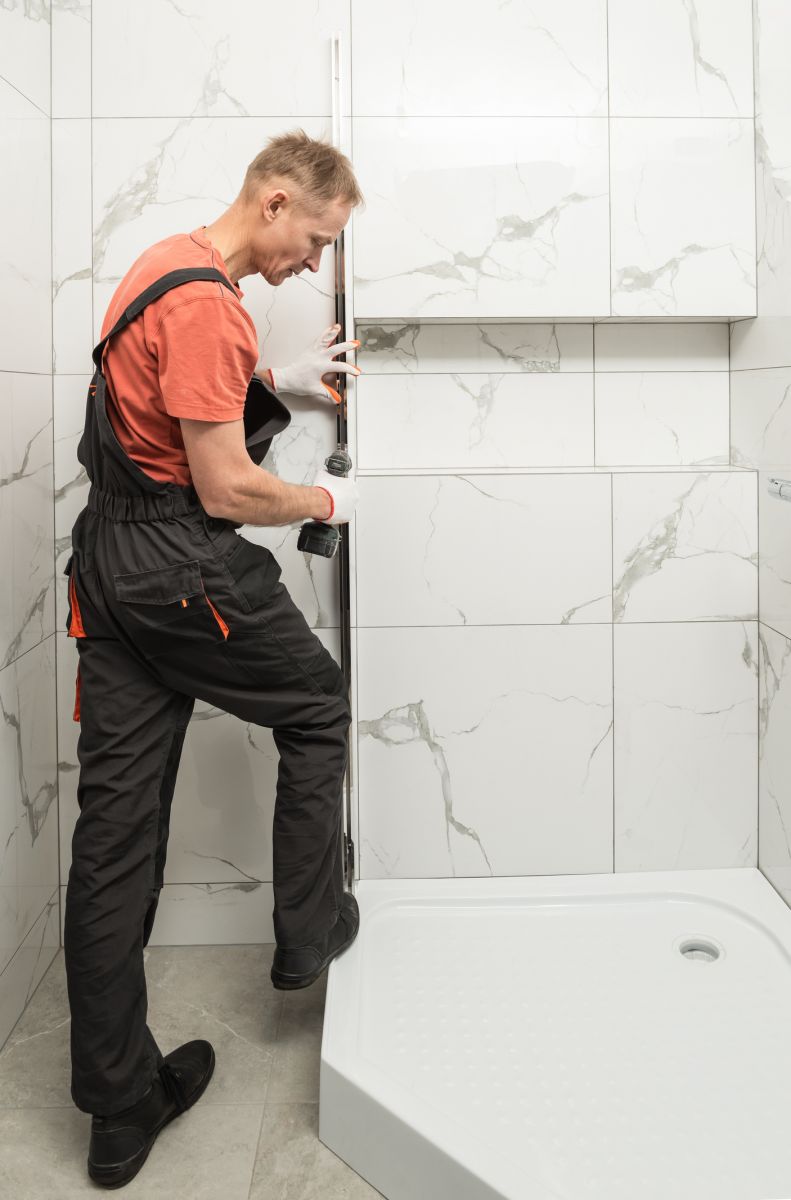
Popular materials for Shower Installations and why they hold up over time.
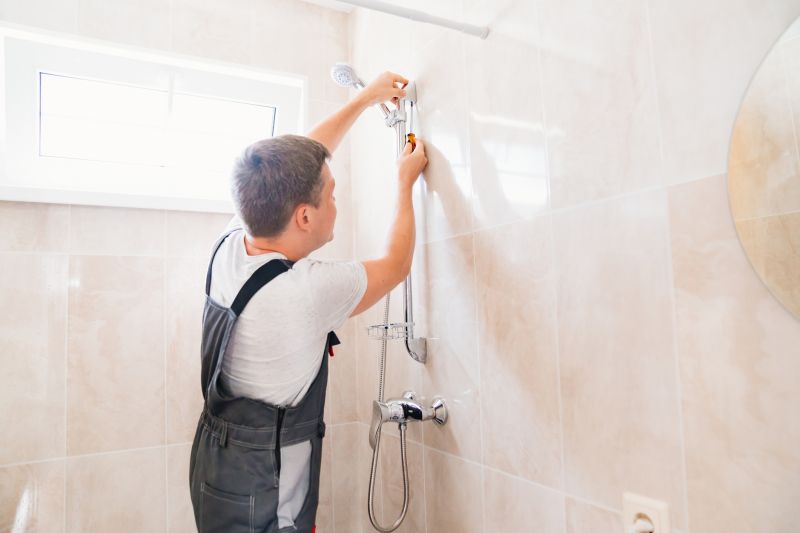
Simple add-ons that improve Shower Installations without blowing the budget.
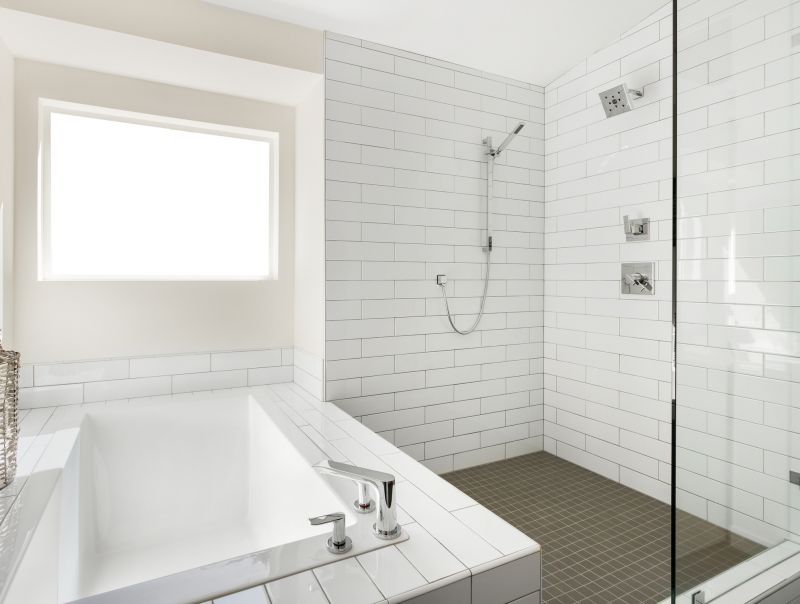
High-end options that actually feel worth it for Shower Installations.
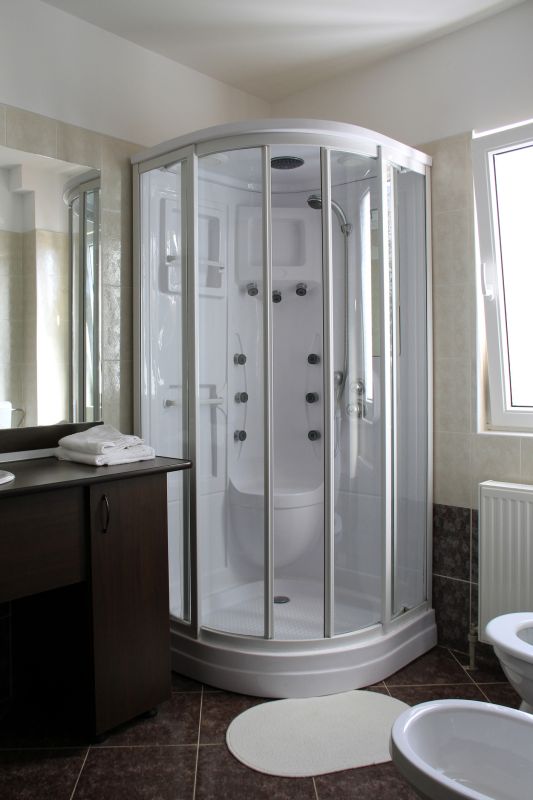
Finishes and colors that play nicely with Shower Installations.
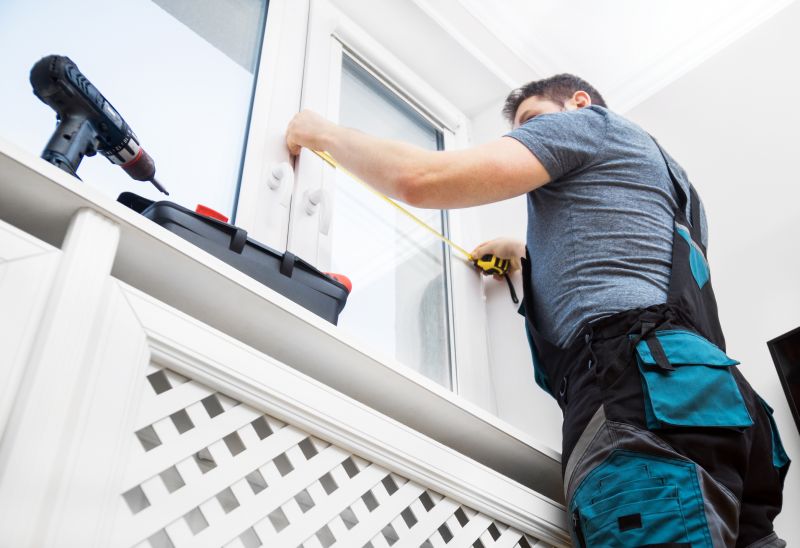
Little measurements that prevent headaches on Shower Installations day.
Shower installations are a significant upgrade that can enhance both the functionality and aesthetic appeal of a bathroom. Proper timing ensures that the project proceeds efficiently, minimizing inconvenience and ensuring quality results. Planning ahead for optimal weather and resource availability can lead to a smoother installation process.
Statistics indicate that scheduling installations during spring or early summer often results in fewer delays due to weather. Additionally, early planning allows for better coordination with contractors and suppliers, which can improve project timelines. A well-timed installation can also reduce the risk of damage or setbacks caused by adverse conditions.



